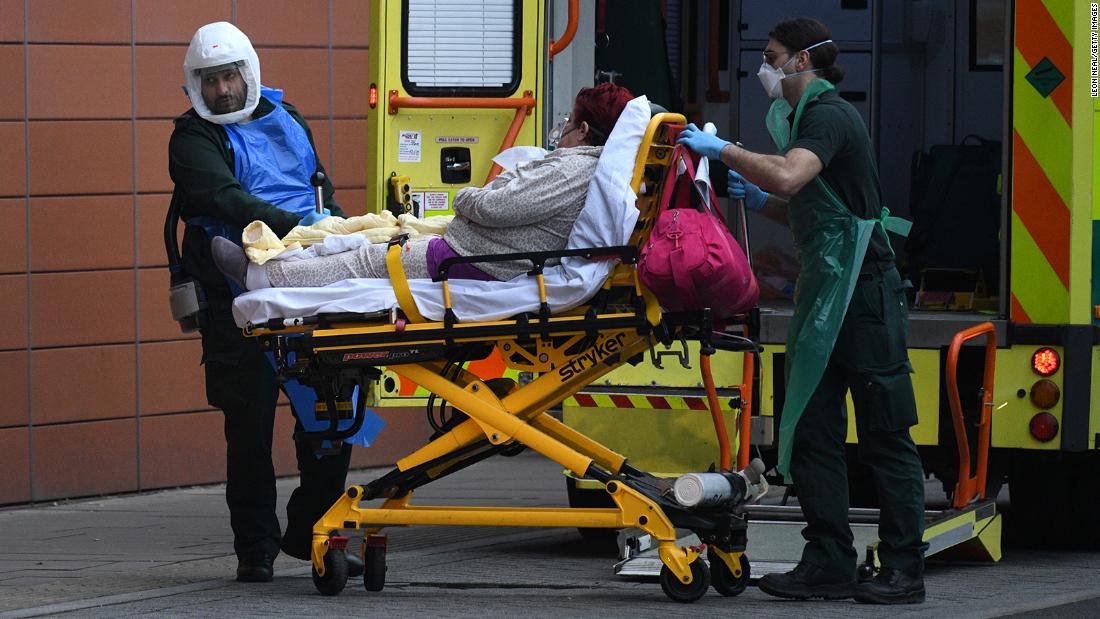The country, which has already suffered more deaths from the disease than any other European nation and has recently become the fifth nation in the world to reach the terrible milestone of three million cases, is about to see its hospitals overloaded.
Whitty told the BBC on Monday that there were currently more than 30,000 hospitalized patients, compared with 18,000 during the first UK spike in April.
“We are now in a situation where in the UK as a whole, about one in 50 people are infected, and in London about 1 in 30,” said Whitty. “There is a high chance that if you find someone unnecessarily, that person will have Covid.”
His warning comes with the country after a week of its third national blockade. But fears are growing that the British are increasingly giving up on complying with the rules, as the number of cases continues to rise despite extreme measures.
Whitty emphasized that minimizing contact with others will prevent the situation from getting worse.
“Every unnecessary contact that any of us has is a potential link in a chain of transmission that will ultimately lead to a vulnerable person,” he told the BBC. “So the absolute key is that we all think: do we really need to have that contact?”
Whitty’s intervention occurs while the number of daily deaths in the UK remains very high, a point severely illustrated by the fact that in a county in southern England, the bodies are being stored in a temporary facility as morgues are full.
The temporary facility in Surrey, south of London, can accommodate 800 extra bodies, in addition to the 600 that can be kept in morgues.
A spokesman for the Surrey Local Resilience Forum told the UK news agency PA: “To put some perspective on this, during the first wave, 700 bodies passed through this (temporary) installation … The first wave lasted approximately 12 weeks from mid-March to mid-May … Since December 21, after just two and a half weeks, 300 bodies have passed through there. ”
The UK is ahead of the curve in approving the Covid-19 vaccination and on Monday the government is expected to outline how it will achieve its goal of vaccinating 13 million people by February 15.
Much of the program will be administered by vaccination posts across the country – the first of which opens on Monday – and by an army of volunteers trained to administer the vaccine.
And even the good news that two million people have been vaccinated has been hampered by reports of vaccine shortages in some hospitals. It is not clear why the scarcity is happening; the government has faced criticism for how it plans to prioritize the distribution of doses it has.
If Whitty’s worst fears come true, the National Health Service will be under enormous pressure in trying to deal with unprecedented hospitalizations, dealing with corpses, vaccinating the most vulnerable citizens and, at the same time, carrying out normal procedures.
The government hopes Whitty’s harsh warnings will compel citizens to comply with measures to prevent the virus from spreading.
